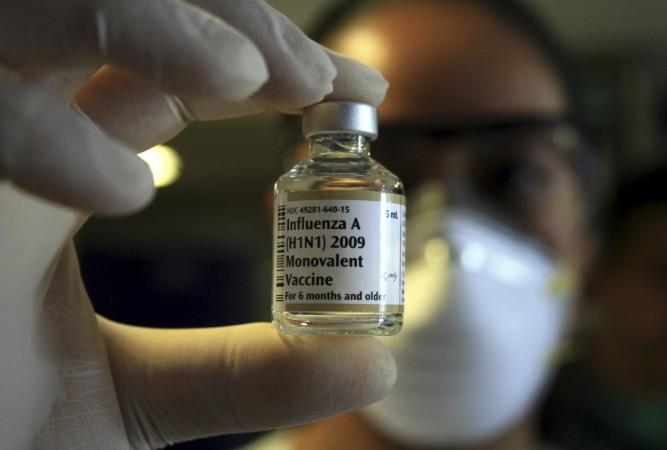
Swine flu, also known as H1N1 virus, led to 1,094 deaths in India in the past eight months. In the past three weeks, 342 people lost their lives because of the viral disease.
ALSO READ: Pubic hair grooming: Top things to know
The data was released by the Union health ministry on Wednesday, August 23. According to the statistics revealed by IANS, so far India has observed 22,186 cases of swine flu.
ALSO READ: Vaginal atrophy: What happens when women don't have sex
Cases:
- Mumbai was majorly affected by viral influenza with a total of 4,245 cases
- Around 3,029 cases were reported in Goa
- Karnataka had 2,956 cases
- Kerala reported 1,374 cases
- Rajasthan reported 651 cases
- Delhi reported 1,416 cases
Deaths:
- A total of 1,094 deaths have taken place across the country
- These deaths included 437 in Maharashtra
- Gujarat observed 269 deaths
- Five deaths were witnessed in Delhi
According to the reports published by the government, September and October are likely to witness the peak transmission of the viral disease.
"The H1N1 strain in circulation this year is different from that in previous years," Dr A C Dhariwal, director of NCDC, told TOI.
"The virus in circulation this year is of the Michigan strain. Earlier, it was mostly the California strain," he added.
Here are the precautions you need to take against the disease:
- Consulting a doctor within 36 hours is the first thing you should do if you have symptoms such as high fever and body ache or if you think you contracted the swine flu virus.
- Though the available medications are not so effective in curbing swine flu, Tamiflu or Relenza are the recommended medicines to take within 36 hours to stop the H1N1 virus from spreading further and deteriorate your condition.
- Swine flu mimics symptoms of flu, hence one should avoid going to workplace or school as it is contagious and can easily spread by touching any contaminated object and then touching your mouth, nose and eyes.
- Use a face mask when in crowded areas and enclosed spaces and even while air travelling. Hand sanitisers should be used in order to prevent the disease from spreading. Avoiding hand to hand contact and kissing on the cheeks for greeting is advised to prevent the infection from spreading.
- Eat food that's cooked in a hygienic manner, especially when it comes to pork.

















